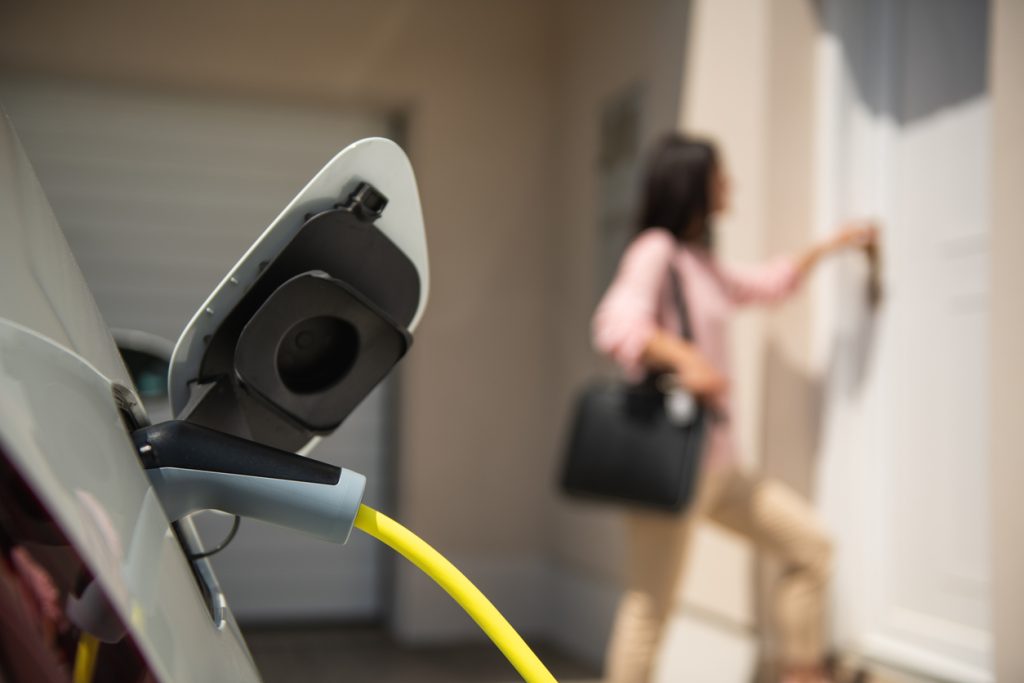As electric vehicles (EVs) gain popularity worldwide, one of the critical considerations for EV owners is the cost of charging. Traditional internal combustion engine (ICE) vehicles rely on fossil fuels, which can be expensive and subject to price volatility. In contrast, electric cars offer a more stable and cost-effective charging solution. This article explores the potential cost savings associated with electric vehicle charging.
Reduced Fuel Costs
One of the primary advantages of electric vehicles is their significantly lower fuel costs compared to gasoline- or diesel-powered cars. Charging an EV from the electric grid is generally cheaper than refueling gasoline. Electricity rates are more stable and less prone to sudden price increases than fluctuating oil prices. Moreover, the cost of electricity per mile can be substantially lower than gasoline or diesel.
Additionally, the operating and maintenance costs of an EV are typically lower than those of conventional vehicles. EVs have fewer moving parts and don’t require oil changes or regular maintenance associated with traditional engines, resulting in potential long-term savings for EV owners.
Off-Peak Charging
Electricity pricing structures often vary throughout the day, and many utility companies offer reduced rates during off-peak hours. Off-peak charging can be an effective strategy for EV owners to maximize cost savings. EV owners can take advantage of lower electricity rates by charging their vehicles during low-demand periods, such as late at night or early in the morning.
Off-peak charging benefits utility companies and EV owners. It helps to balance the electrical grid by distributing the electricity load more evenly, reducing strain during peak hours. In return, utility companies often incentivize off-peak charging by offering discounted rates, time-of-use plans, or special tariffs, allowing EV owners to save money while contributing to a more sustainable energy system.
Solar Power Integration
Another avenue for cost savings in EV charging is integrating solar power. EV owners can generate clean and renewable energy to power their vehicles by installing solar panels in their homes or businesses. Solar power systems allow EV owners to reduce their reliance on the grid and take advantage of free energy from the sun.
During sunny hours, excess energy generated by solar panels can be stored in batteries or directly used to charge an EV. This reduces the electricity needed from the grid, resulting in lower energy costs. Furthermore, some regions offer net metering programs, allowing EV owners to earn credits for any surplus energy they generate and feed back into the grid.
Public Charging Infrastructure
While home charging is convenient and cost-effective for many EV owners, public charging infrastructure plays a crucial role in expanding the adoption of electric vehicles. Both fast and slow public charging stations provide EV owners with charging options during longer journeys or when they don’t have access to private charging facilities.
Public charging stations often offer a variety of pricing models, including pay-per-use, subscription plans, or free charging at specific locations. EV owners can choose the charging station and pricing option that best suits their needs, optimizing their cost savings based on driving patterns and preferences.
In conclusion, electric vehicles present a significant opportunity for cost savings compared to traditional gasoline or diesel vehicles. Embracing electric cars can save money for individual consumers and contribute to a greener and more sustainable future. Contact Excel Electric in Eugene, OR for professional EV charging.

